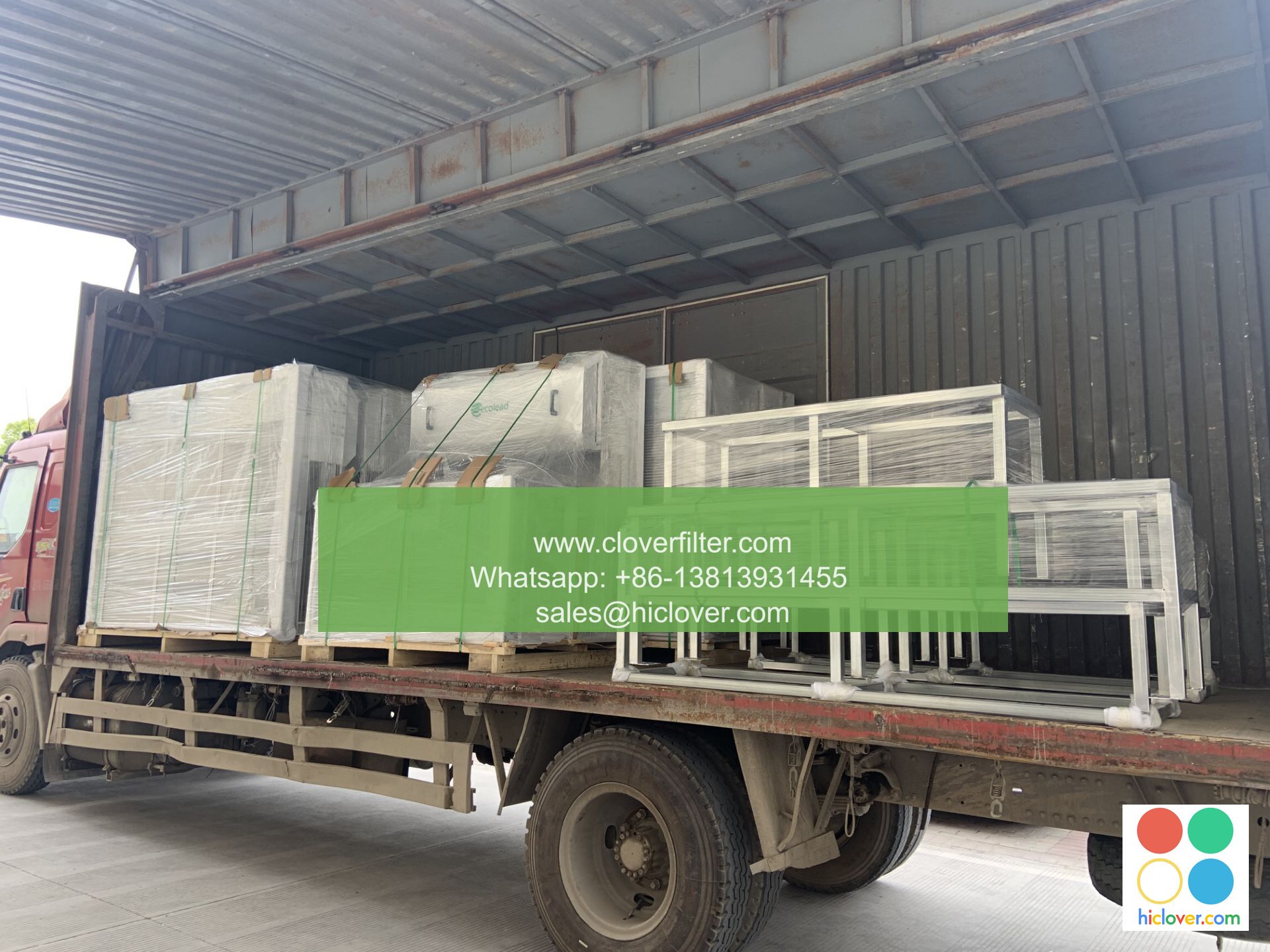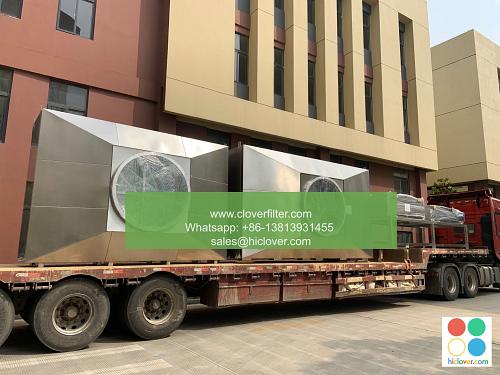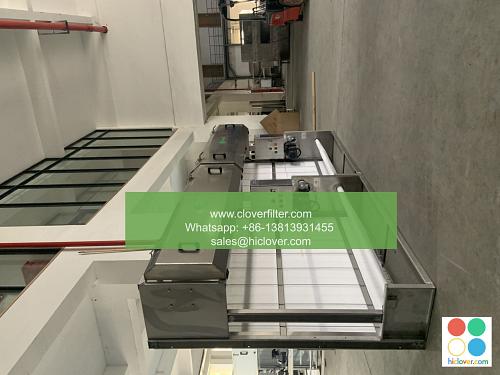Air Filter Analysis: A Key to Improving HVAC System Performance

Air filter analysis is a crucial aspect of maintaining and optimizing Heating, Ventilation, and Air Conditioning (HVAC) systems. The air filter is a critical component that plays a significant role in ensuring the overall performance, efficiency, and reliability of the system. In this article, we will delve into the importance of air filter analysis, its benefits, and various application areas where it can be applied to improve HVAC system performance.
Introduction to Air Filter Analysis
Air filter analysis involves the evaluation of air filters to determine their effectiveness in removing airborne contaminants, such as dust, pollen, and other particulate matter. This analysis is essential to ensure that the air filters are functioning correctly and providing the desired level of indoor air quality (IAQ). A well-designed and well-maintained air filter can significantly improve the overall performance of the HVAC system, while a poorly designed or clogged filter can lead to reduced system efficiency, increased energy consumption, and decreased equipment lifespan.
Benefits of Air Filter Analysis
The benefits of air filter analysis are numerous and can be seen in various aspects of HVAC system performance. Some of the key benefits include:
- Improved Indoor Air Quality (IAQ): Air filter analysis helps to ensure that the air filters are removing airborne contaminants effectively, providing a healthier and more comfortable indoor environment.
- Increased System Efficiency: A well-maintained air filter can improve the overall efficiency of the HVAC system, reducing energy consumption and lowering operating costs.
- Extended Equipment Lifespan: Regular air filter analysis and maintenance can help to extend the lifespan of HVAC equipment, reducing the need for premature replacements and repairs.
- Reduced Maintenance Costs: By identifying and addressing air filter issues promptly, maintenance costs can be reduced, and the overall reliability of the system can be improved.
- Commercial HVAC Systems: Air filter analysis is essential in commercial buildings, such as offices, schools, and hospitals, where maintaining good IAQ is critical for occupant health and productivity.
- IndustrialHVAC Systems: In industrial settings, air filter analysis is crucial for maintaining equipment reliability, reducing downtime, and ensuring a safe working environment.
- Residential HVAC Systems: Homeowners can also benefit from air filter analysis, as it helps to improve IAQ, reduce energy consumption, and extend equipment lifespan.
- Aerospace and Defense: Air filter analysis is critical in aerospace and defense applications, where high-performance air filtration systems are required to maintain sensitive equipment and ensure personnel safety.
- Cleanroom Applications: In cleanroom environments, air filter analysis is essential for maintaining ultra-clean conditions, reducing contamination risks, and ensuring product quality.
- Visual Inspection: Visual inspection of air filters can help to identify signs of wear, damage, or contamination.
- Pressure Drop Testing: Pressure drop testing measures the pressure difference across the air filter, helping to identify any blockages or restrictions.
- Airflow Testing: Airflow testing measures the airflow rate through the air filter, helping to identify any issues with filter performance.
- Scanning Electron Microscopy (SEM): SEM analysis provides a detailed examination of the air filter media, helping to identify any defects or contamination.
Application Areas of Air Filter Analysis
Air filter analysis has various application areas, including:
Methods of Air Filter Analysis
There are various methods of air filter analysis, including:
Conclusion
In conclusion, air filter analysis is a critical aspect of maintaining and optimizing HVAC systems. By evaluating air filters and identifying areas for improvement, facilities can improve IAQ, increase system efficiency, extend equipment lifespan, and reduce maintenance costs. Whether in commercial, industrial, residential, aerospace, or cleanroom applications, air filter analysis is essential for ensuring the overall performance and reliability of HVAC systems. By applying the methods and benefits of air filter analysis, facilities can create a healthier, more comfortable, and more productive indoor environment.
As the HVAC industry continues to evolve, the importance of air filter analysis will only continue to grow, with new technologies and innovations emerging to improve the efficiency, reliability, and performance of HVAC systems. By staying at the forefront of air filter analysis and HVAC system optimization, facilities can reduce energy consumption, lower operating costs, and create a better indoor environment for occupants.
You haven’t provided a question or topic for me to assist you with. Please provide more context or information so I can better understand how to help you. What would you like to talk about or ask?


